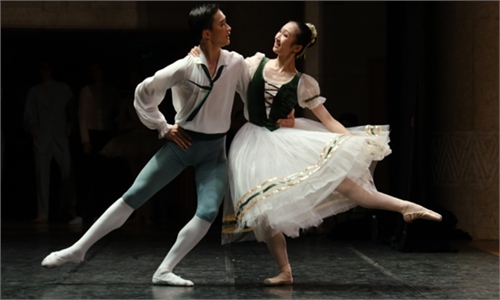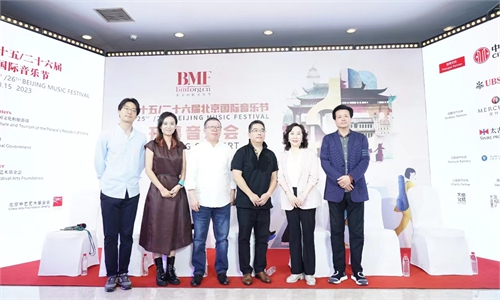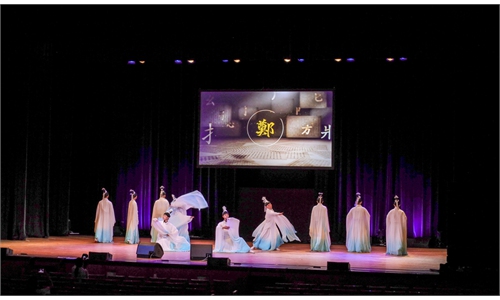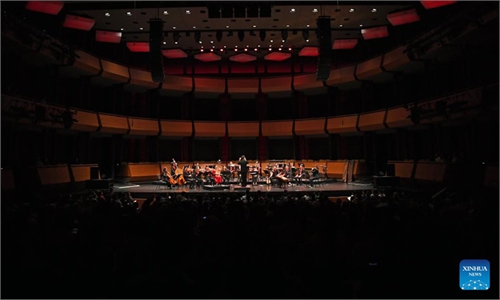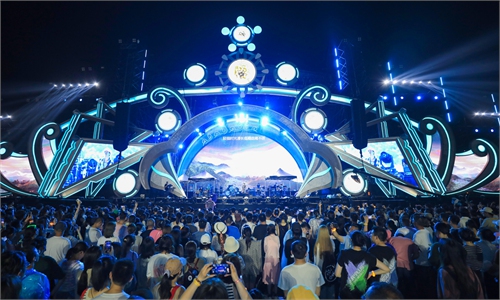ARTS / CULTURE & LEISURE
1st AI music festival held amid text-to-song boom
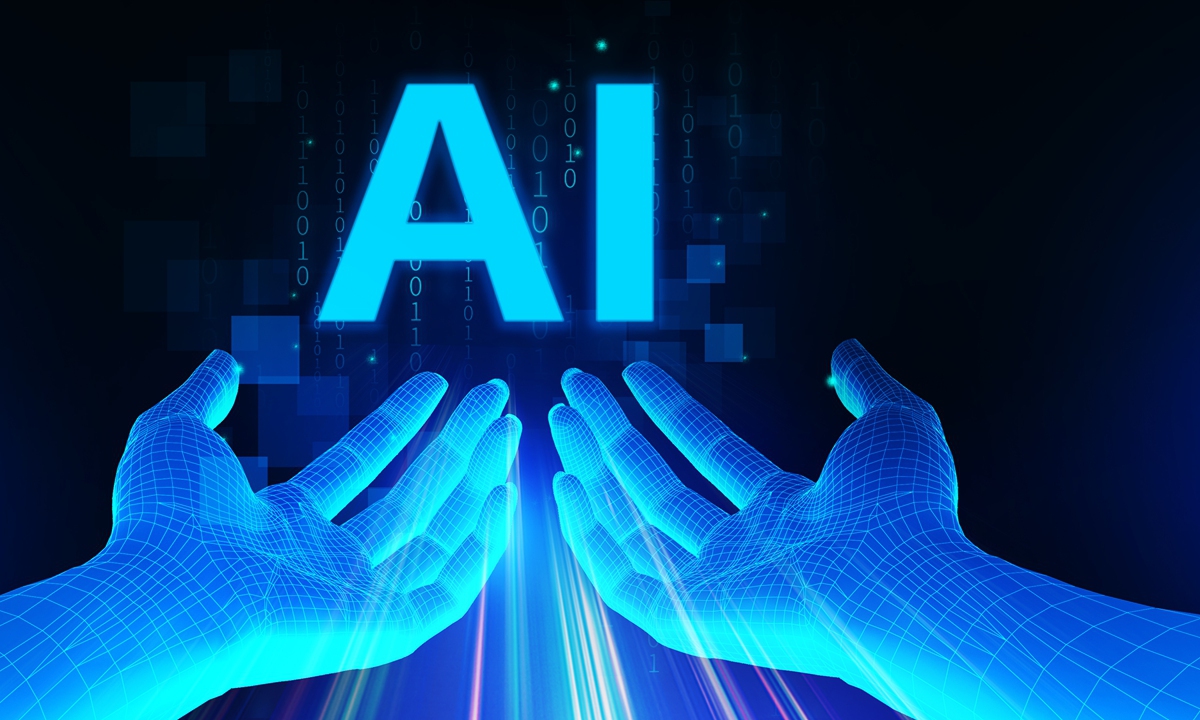
AI Photo: VCG
The 1st China AI (artificial intelligence) Music Festival was held during the just-ended Qingming Festival holidays, bringing audiences a special feast combining music and modern tech.
The festival, held online on Thursday evening, consisted of three parts. The major and most attractive section was an award ceremony for 10 pieces of a one-month AI music composition competition, which was also organized by the festival co-hosts.
More than 150 teams participated in the competition with their AI-made music works, according to festival co-host China AIGC (AI-generated content) Industry Alliance (AIGCxChina), a nationwide civil group of industry insiders.
Many of the participators used Suno, a global leading text-to-song generator developed by a US-based startup company, said Ni Kaomeng, founder of AIGCxChina. Some used similar tools by Chinese companies, such as SkyMusic, he said.
One of the biggest advantages of making a song with AI is that, the whole composition process is tremendously fast, with results coming "even within a few minutes," Ni told the Global Times.
He explained that, as long as the user types in some basic elements of a song, including its theme and a brief description of its lyrics, the song will quickly be produced.
Therefore, another big advantage of AI music generating technology is that it has a very low barrier of entry, Ni said. "For me, I made many songs only two days after I started to learn how to use Suno on my own."
The majority of the competition participators were neither music nor AI tech professionals, only getting involved out of curiosity or for the novelty of it, Ni shared. For the first time, they experienced the powerful functions of AI text-to-music tools and the infinite joy of music creation when making an AI song.
The competition's first prize went to a song about the beautiful picturesque landscape of its producers' hometown. Its lyrics were written by a senior citizen in Wenzhou, East China's Zhejiang Province, who likes to write poetry.
"He has always wanted to write a song in praise of his hometown, but was troubled by the professional and complex music production," Ni told the Global Times. "Now with the joint effort of his team members, he realized his dream."
Apart from award ceremony, the online festival also included a four-hour "concert" of AI music works, and a seminar featuring festival guests engaged in the research or industrial application of music and AI tech.
Shen Yang, a professor and director of the Metaverse Culture Laboratory at Tsinghua University, spoke highly of the development of AI music at the virtual seminar. AI music generation brings more variety of styles and more details to music composition, said Shen, who predicted that AI generation will become an (important) way of creating pop music in the following year.
While some musicians said that current AI generated music is still "rough," and needs further polishing by music professionals, "but it can be a good source of inspiration for current songwriters," they said at the seminar.
In March, developers released the "revolutionary" Suno V3, the latest version of Suno that allows users to make full, two-minute songs in seconds.
"The AI music industry is blooming," Ni said. "In the near future, everyone can be a musician."

